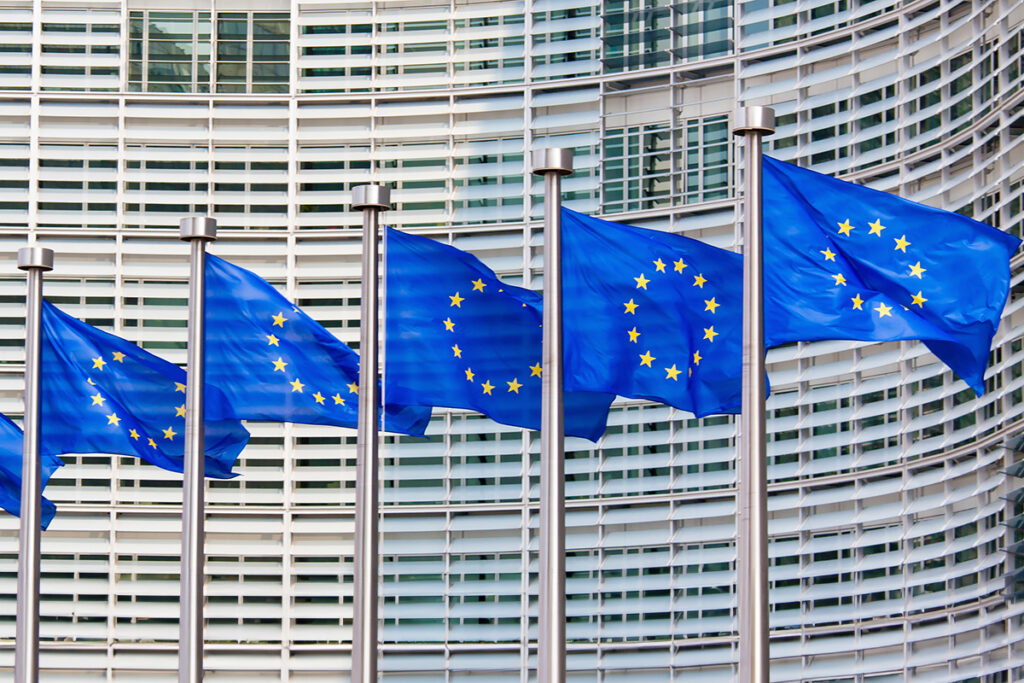Almost two years following Russia’s invasion of Ukraine, the conflict continues in a protracted stalemate. Ukraine finds itself in dire need of financial assistance to stabilize its economy, yet political disputes within the European Union (EU) and the United States are hindering the delivery of vital financial support.
The Hungarian Prime Minister, Viktor Orban, remains steadfast in his opposition to a proposed €50 billion ($54 billion) support package earmarked for Ukraine, creating frustration and discord among other EU leaders. Here’s an in-depth look at the current state of affairs:
Concerns over democratic erosion within Orban’s government have led the EU to suspend Hungary’s access to substantial joint funds. Hungary, grappling with its own economic challenges, has retaliated by vetoing EU political decisions, particularly those concerning Ukraine and the Middle East.
Orban’s block on the aid package in December has prompted a second gathering of the 27 EU heads of state and governments scheduled for Thursday. While the remaining 26 leaders are keen to unlock the funds for Ukraine, Orban remains resolute, provoking growing dissatisfaction among his peers.
In a parallel development, U.S lawmakers have encountered difficulties in approving a multi-billion-dollar aid package designed to assist Ukraine in acquiring weaponry, adding further scrutiny to the EU meeting this week.
Cumulatively, EU support for Ukraine since the outset of Russia’s aggression totals approximately €85 billion ($92 billion), according to EU statistics. This encompasses over €40 billion ($43 billion) allocated to bolster Ukraine’s economy, roughly €27 billion ($29.2 billion) for military support measures, and more than €17 billion ($18.4 billion) to aid EU member states in assisting Ukrainian war refugees.
Decisions regarding a review of the EU’s long-term budget, which includes the €50 billion ($54.1 billion) in aid for the Kyiv government, necessitate unanimous approval from all 27 member nations.
Hungarian officials have proposed an alternative approach: instead of endorsing the aid package in its entirety, leaders should agree to disburse it in annual installments with an accompanying review mechanism. However, this idea has met with resistance, as it could potentially empower Orban to block the funding at a later stage.
Anticipating a prolonged impasse, EU officials have explored potential alternatives, such as committing to deliver aid through voluntary contributions from 26 member countries, decoupled from the EU budget.
Should an agreement remain elusive, EU leaders still retain the option of extending the €18 billion in aid provided to Ukraine in 2023 for an additional year.
Orban is known for his political brinksmanship and has historically demonstrated a knack for strategic retreats, but his current intentions remain unclear to many of his counterparts.
Over recent months, EU diplomats have hinted at the possibility of invoking a mechanism that could potentially result in Hungary’s suspension from EU voting rights. Under Article 7.2 of the Treaty on European Union, in cases of a “serious and persistent breach” of the bloc’s values, this procedure can be initiated either by one-third of member states or by the European Commission, the EU’s executive arm.
Meanwhile, the Commission maintains the authority to withhold approximately €20 billion ($21.7 billion) allocated for Hungary from cohesion funds and post-pandemic aid, as a means to encourage cooperation from Budapest.


